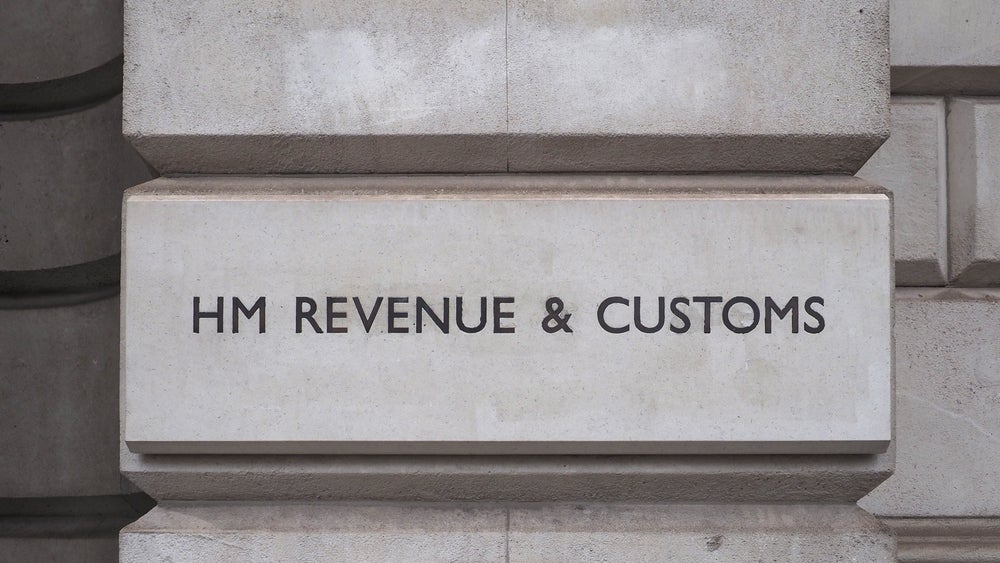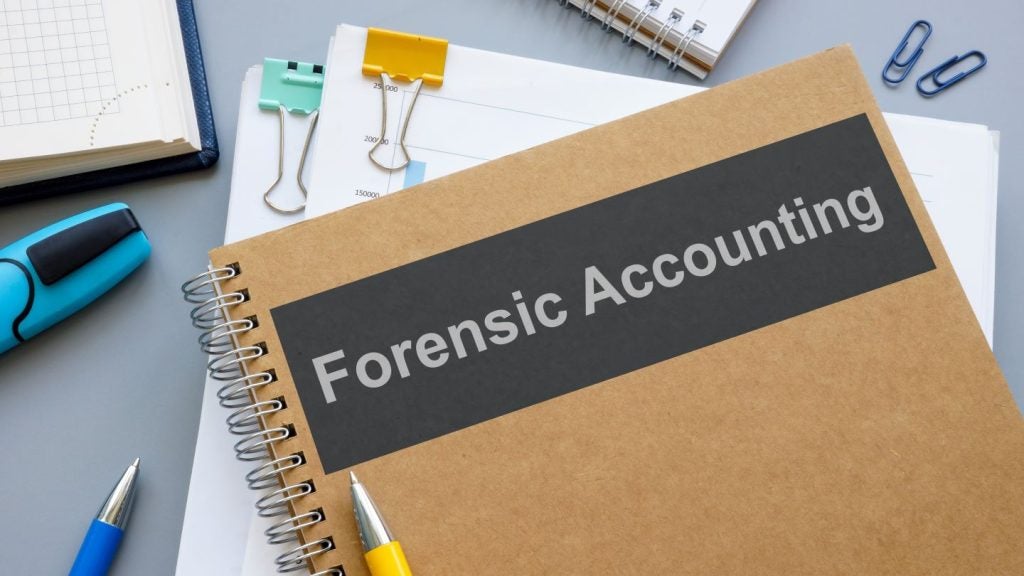
His Majesty’s Revenue and Customs (HMRC), the government department responsible for the collection of taxes and administration of regulatory regimes, has ramped up its anti-fraud initiatives, injecting almost £300m into fraud staff.
The data was collected under the Freedom of Information Act (FOI), and analysed by Basware, observing HMRC’s fraud spending and fraud prevention programmes between 2021 and 2024.

Access deeper industry intelligence
Experience unmatched clarity with a single platform that combines unique data, AI, and human expertise.
Overall, HMRC splashed £290,780,732 on 4,820 full-time fraud staff over the past year amid a flurry of high-profile fraud cases across the globe, including the Jian Wen case involving $6bn in Bitcoin fraud and the recent trial of Autonomy founder Mike Lynch.
The department noted that its Customer Compliance Group (CCG) leads enforcement and compliance activities, with staff working on risk assessment, compliance activity and corporate functions. CCG staff address a range of taxpayer behaviours, from light touch interventions that correct taxpayer error to more complex cases that can tackle all behaviours, including evasion and fraud.
As part of the CCG, the Fraud Investigation Service, sitting under HMRC, is responsible for HMRC’s civil and criminal investigations into the most serious fraud and wrongdoing.
Commenting on this, Basware CEO, Jason Kurtz, said: “The volume and sophistication of fraud attempts is increasing the pressure on finance departments and fraud staff, especially with fraudsters being funded like big organisations.

US Tariffs are shifting - will you react or anticipate?
Don’t let policy changes catch you off guard. Stay proactive with real-time data and expert analysis.
By GlobalData“65% of organisations were victims of either attempted or actual fraud last year, according to the Association for Financial Professionals, and the rise in attacks is likely behind HMRC’s ramped up anti-fraud programme.
“Whether it’s entrusting CFOs in control of assets or people managing banking accounts, all frauds at their heart are based on breaches of trust. Fraudsters typically use imaginary vendor tactics such as posing as legitimate companies and mischaracterised expenses and payments, but these schemes are getting way more sophisticated through the use of AI. Especially due to AI, fraud is an issue keeping CFOs, businesses and the public up at night.
“But while it’s undoubtedly increased the sophistication and threat of financial threat, it can also be used to combat it, being used for data analysis and pattern detection. Implementing AI-powered fraud prevention can ease the burden on finance departments and help to mitigate threats.”
Expenditure on fraud staff steadily rose each year, from £243m to £279m to £290m, an increase of 19%.
Investigo director of financial services, Kelly Fordham, added: “Rising fraud attempts have rocked the financial services sector, driving a surge in demand for fraud, risk and compliance staff to bolster defences. Falling victim to fraud can be crippling for any organisation or any person, so it’s vital that departments such as HMRC recruits the best fraud staff to lead anti-fraud strategies, implement prevention tools and overhaul their technical setup. Many organisations have been hit by talent shortages due to not taking on new staff during the pandemic, but the relentless threat of fraud demands a revamp in recruitment strategies and a rebuild of anti-fraud experts.”
High investment in fraud among government departments is expected to continue under the new government, with Labour setting out an integrated plan bringing together government, law enforcement, regulators, financial services firms, and technology companies. The main focus of the plan targets authorised push payment (APP) fraud.






